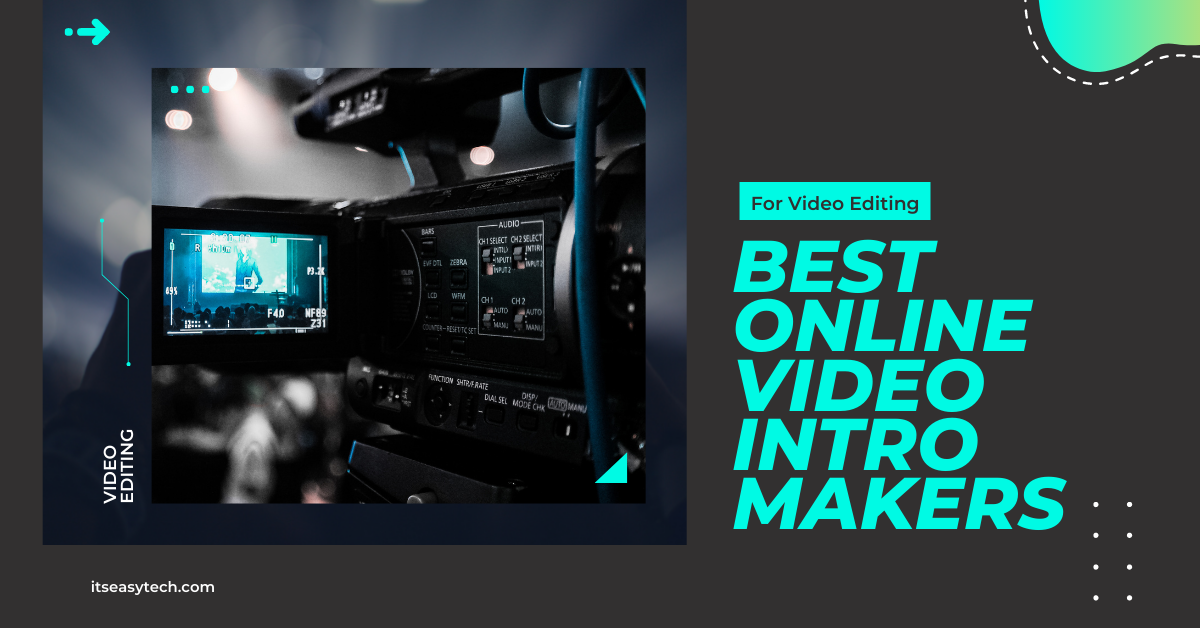Why Top Engineering Talent Never Hits the Open Market
High-performing engineers don’t broadcast when they’re ready to move. They don’t polish resumes, update job boards, or submit online applications. By the time most HR teams realize those candidates exist, they’re already in conversation with someone else—or hired. The people getting to them first aren’t guessing or waiting. They’re using targeted insight, timing, and market awareness to identify the right talent before anyone else sees them.
HR Arrives Late—Recruiters Don’t
Internal hiring processes tend to wait for signals: job applications, referrals, social posts, or internal transfers. That reactive approach leaves a massive blind spot. Recruiters, especially those who specialize in engineering roles, don’t wait for movement—they create it. They track talent quietly while individuals are still employed, long before they start looking.
They’re already aware when someone is underutilized, ready for advancement, or frustrated by their current environment. HR only sees candidates once they raise their hands. Recruiters see them while their hands are still down.
The Power of Ongoing Talent Mapping
Strong recruiters don’t start searching when a job opens—they already know who could fill it. They build pipelines over time by tracking experience, certifications, promotions, and industry shifts. Engineers who worked on major infrastructure builds, complex systems, or specialized manufacturing projects are already on their radar, even if HR hasn’t heard their names.
This forward-looking approach means roles can be filled before competitors even know there’s a vacancy to compete over.
Market Awareness Gives Recruiters the Edge
Timing is everything. Recruiters stay in touch with engineers across industries and know when teams are restructuring, funding is approved, projects are ending, or leadership changes are coming. These small shifts create windows of opportunity that HR never sees.
Recruiters act during those windows—before resumes start circulating, before profiles go public, before managers know someone is considering a move.
Why Engineers Respond to Direct Outreach
The best engineers don’t want to “job hunt.” They don’t have time for application portals or online postings. When someone reaches out with a targeted opportunity that aligns with their skills and growth goals, they respond. Not because they were looking, but because someone showed up at the right moment.
That’s one of the biggest reasons companies rely on experienced engineering recruiters Boston talent trusts—they establish credibility early and open conversations others can’t access.
Companies that work with established engineering recruiters Boston professionals get access to engineers who have never submitted an application and aren’t visible through traditional HR channels.
Recruiters Track Signals HR Can’t
HR only sees what applicants provide. Recruiters see what’s not being said. They watch career plateaus, layoffs in adjacent industries, stalled advancement, and shifts in compensation trends. They track engineers who outgrow their teams but stay quiet. They know who’s building new skills at night, who’s mentoring others, and who’s being overlooked.
This early visibility lets them present candidates before anyone realizes they’re a flight risk—or an opportunity.
Conversations Start Long Before Offers
Recruiters don’t “find” top talent at the moment of need. They’ve already built relationships with engineers who match future roles. When an opening appears, they don’t start from zero—they reach out to people they’ve been checking in with for months or years.
That’s why the first outreach matters more than any posting. It arrives before hesitation, before competition, and before HR even drafts the job description.
Why Companies Outspeed Their Competitors
Organizations that depend solely on job boards or internal postings lose time immediately. Recruiters bypass the noise and speak directly to engineers who don’t need convincing. They know the salary expectations, availability timelines, and motivations of candidates without screening dozens of strangers.
Faster placement isn’t a matter of luck—it’s about access before visibility.
The Best Engineers Avoid Traditional Channels
Public application processes feel impersonal and slow. Engineers don’t want to get filtered by automated systems or wait weeks for a reply. They respond to targeted outreach because it comes with context—details on budgets, tech stacks, leadership, and long-term trajectory.
Recruiters deliver that information upfront, which is why top candidates move through those channels first.
HR Sees Candidates—Recruiters See Potential
Internal teams review experience based on resumes alone. Recruiters evaluate engineers based on capability, adaptability, and project readiness. They know who can step into leadership roles, who can transition into new specializations, and who can solve problems that competitors still haven’t addressed.
They identify value before it’s advertised.
Getting Ahead Starts Before the Search
The companies filling hard-to-hire technical roles aren’t just moving faster—they’re looking sooner. They don’t rely on visibility. They rely on relationships and timing. Recruiters are already in contact with the people HR departments wish they could find later.
By the time traditional processes begin, the real hires are already in motion.






